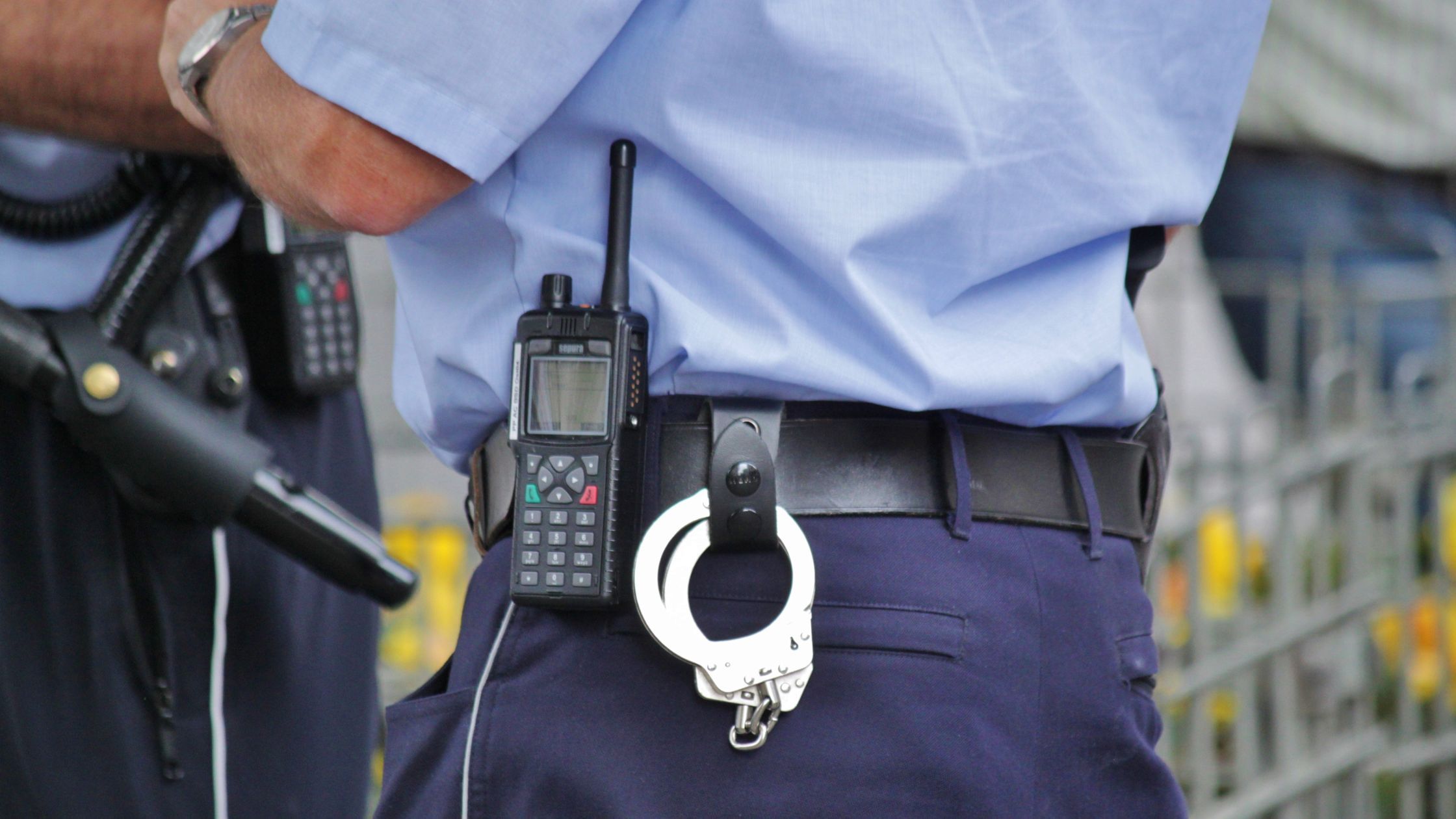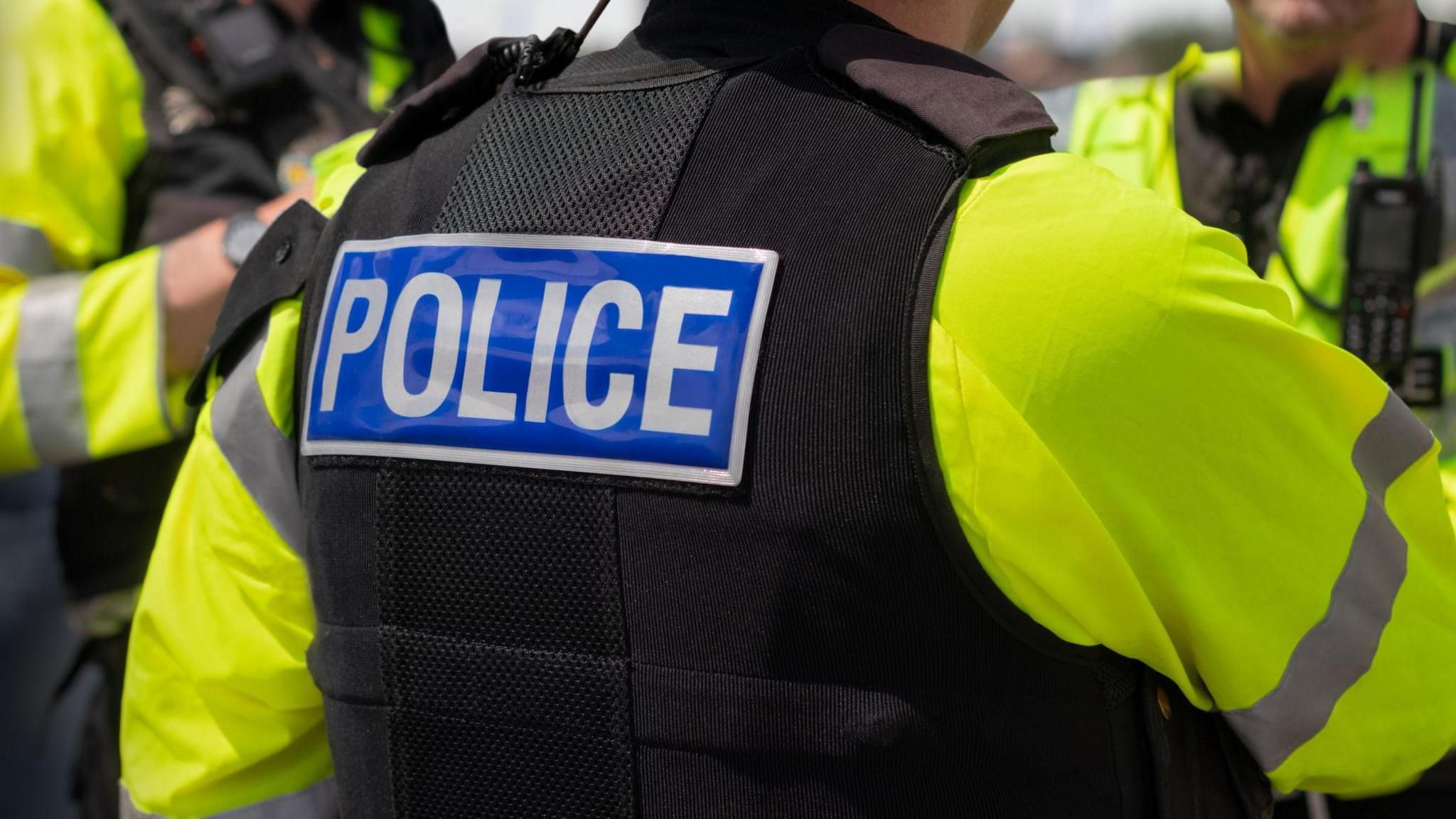A person's physical appearance, previous criminal activity, convictions and/or a stereotypical or generalised assumption about belonging to a particular group: Are not reasons to search someone.
If you are searched by the police they must follow proper procedure and if they do not, you may be entitled to damages (compensation).
Before you are searched by the police you must be told: -
- The reasonable grounds for the search.
- What items they are searching you or your vehicle for.
- Their name and/or number and the police station they are attached to.
- Which legal powers they are using to carry out the search.
- That a record of the search is being made and that you are entitled to a record of that search. If a record is not provided to you at the time of the search, the officer must explain why it is unpracticable to do so. If this is the case, then the officer must tell how you can obtain a copy of the search record and that the request can be made within twelve months.
The recent case of Stewart & Chergui v The Commissioner of Police of the Metropolis held that even though a police officer had the power and grounds to stop and search, because the proper procedure was not followed, the Claimant was awarded £250 in damages.
If you, your vehicle or your property have been unlawfully searched you may have a claim for damages against the police.






























